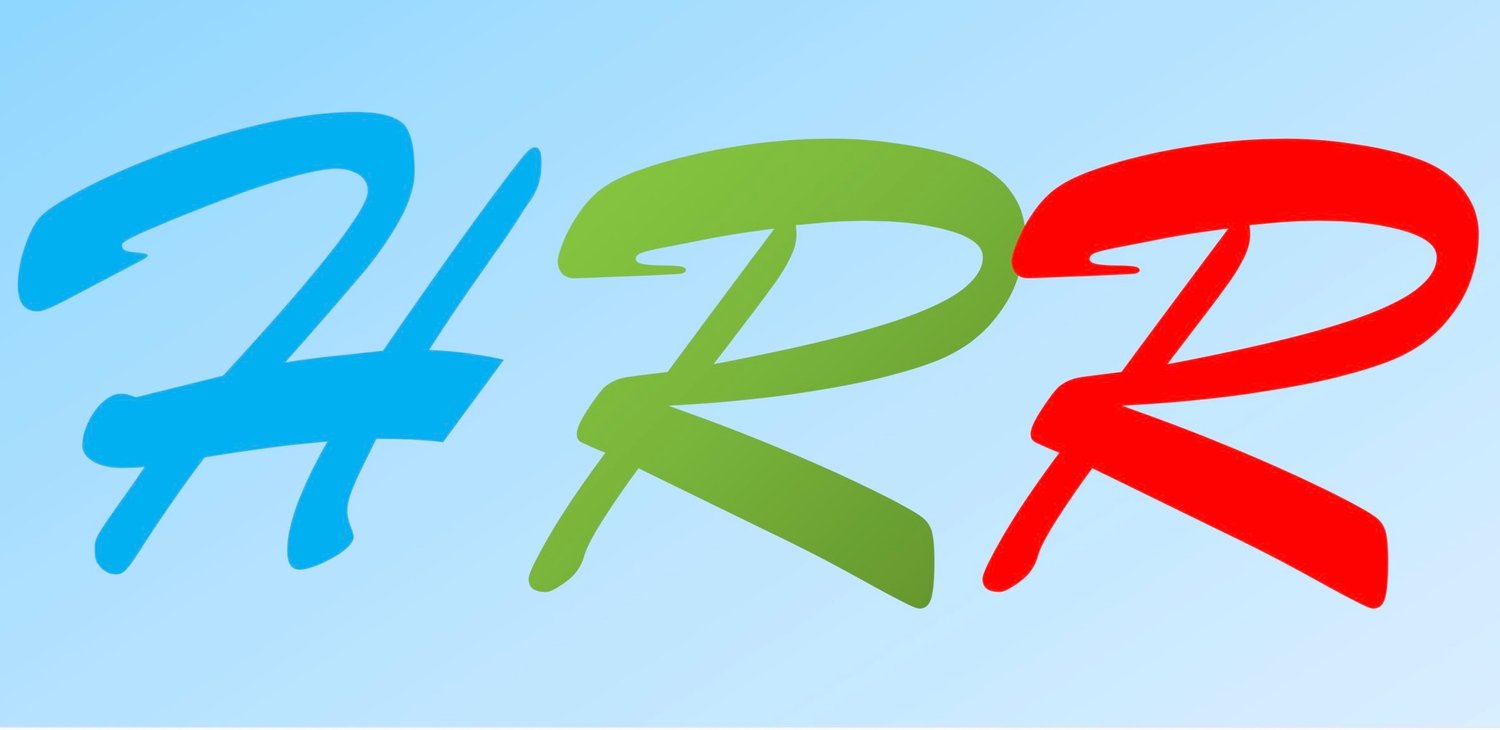Mediation styles can differ
✅ Ask Us: “I was told mediators have different styles. What does that mean?” sent in from Roald Giest, London labour agent.
An excerpt from “Resolved!” ©️ written by Thornton Mason.
“Mediators often have preferred personal approaches to resolving issues.
1. Facilitative Mediation. In this manner, the mediator acts as a neutral third party to facilitate communications. The mediator helps the parties identify their interests, clarify issues, and explore possible solutions. The mediator does not offer solutions and encourages the parties to come up with their own. It usually has a structured agenda that is paced with time limit targets for each phase.
2. Evaluative Mediation. In this style the mediator evaluates the strengths and weaknesses of each party's position and offers his or her own opinion on the best solution to the conflict. Feels like non-binding arbitration.
3. Transformative Mediation. This focuses on empowering the parties to talk in a somewhat unstructured manner, and to listen to each other's perspective and needs. The mediator guides or teaches the parties how to communicate effectively - and then they take responsibility for resolving their own conflict. Free flowing.
4. Shuttle Diplomacy. In this approach, the mediator works with each party separately and goes back and forth between them to help reach an agreement. The mediator finds common ground and makes recommendations. Reduces the emotional aspect of face to face meetings.
I believe the approach used by a mediator should depend on the specific circumstances, and not just be the singular “I always work this way” preference of that mediator. But that’s just my opinion.”
—————
__________
Have a question? Ask Us
